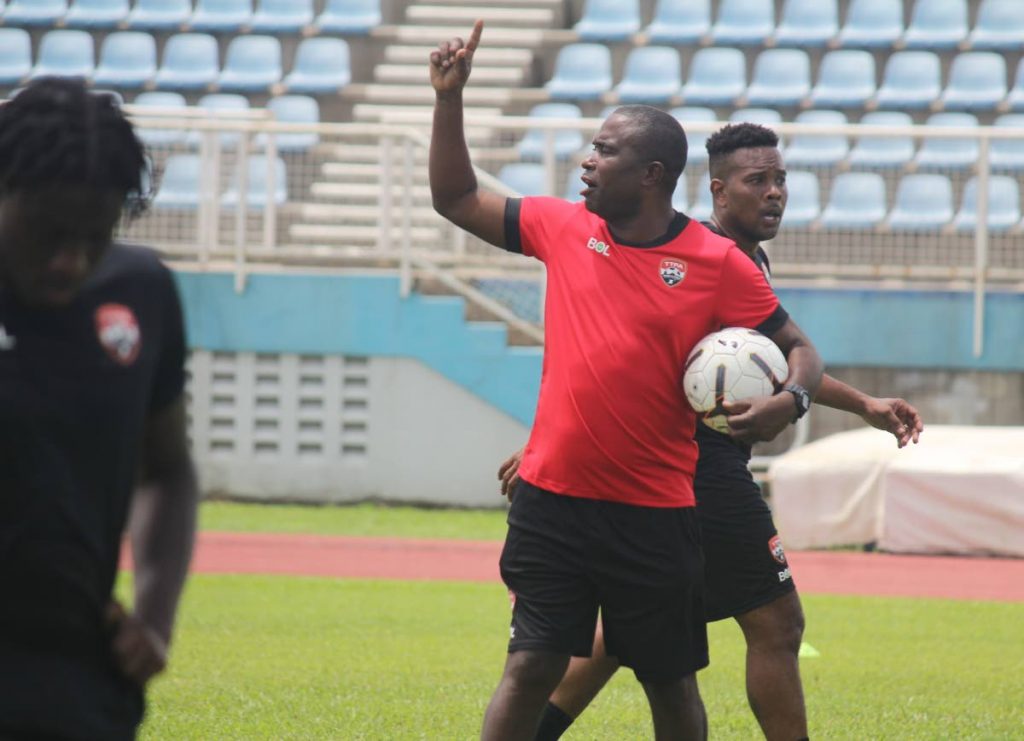Should winning really be everything?

ALEXANDRIA OLTON
ONE OF the things I enjoy most as a practicing sport psychologist is the ability to work with a diverse athlete/coach/parent population. I work with athletes and coaches across all backgrounds, sports, and competitive levels: from grassroots to Olympics. And while I spend much time researching and learning with each new sport I work in, within my field, there is really no need for, “specialisation,” in any one sport.
This is simply because no matter the rules of the game, the psychological, emotional, behavioural, and cognitive factors that influence performance remain unchanging.
What DOES influence the way I interact and my focus with any one athlete or team, however, is their age. This might seem obvious to some, “of course Alex, you can’t teach a 10-year-old the same mental skills and cognitive habits that you would an adult,” and you’d be quite right, you can’t.
Similarly, we don’t expect young primary-school children to be able to write university level essays. Instead we know that general education such as reading, writing and arithmetic must come first: foundational pillars made from strong developmental blocks, on which we build.
Herein lies my question for this week’s article…Why, then, do we not always follow a similar pathway when it comes to sport and athlete development?
One of the very first things we teach young, aspiring athletes, of any sport, is to win. It’s almost the very purpose of competitive sport. We join clubs, academies, camps and strive to represent our country…to win. Competitions such as the Olympics, World Cups, Pan Am Championships et al. are all designed to identify victors.
But for those coaches interacting with the younger athlete population in particular: should winning really be everything? Is the best mindset that of win at all costs? The answer according to research is a resounding no…development is!
This does not mean, however, that the two are mutually exclusive, in fact it’s quite the opposite. Winning and consistent athletic success is directly linked to strong foundational player development in the early childhood and adolescent stages.
The value of a young child participating in multiple sports, engaging in structured play and skill acquisition through free play can oftentimes be overlooked by coaches for the sake of specialisation in one sport. Indeed, throughout my practice I have witnessed parents and coaches alike, debate that the appropriate age of specialisation and training for sport-specific skills should begin from as early as six years old. At this very juncture there are a few key things that should be noted:
Although we are led to believe that early specialisation in one sport may give a young athlete an edge in competition, and facilitate their way into professional elite sports, this is not the case…According to studies conducted by Feeley, Agel and LaPrade (2016), Brenner, (2016) and DiFiori, Brenner and Comstock, (2017) “early sport specialisation does not lead to a competitive advantage over other athletes and can even lead to an increased risk of sport abandonment or burnout.”
Further adding to the importance of development in young athletes: research conducted on the motivational climate created by coaches and parents of young swimmers (9-14 years) showed that when the coaches/parents placed emphasis on winning, creating what is known as an ego-climate, the young swimmers had lower self-esteem, lower intrinsic motivation, and higher competition anxiety. Whilst young swimmers in a learning climate (mastery climate) had lower competition anxiety, and higher self-esteem and intrinsic motivation (O’Rourke, Smith, Smoll and Cumming, 2014).
Additionally, an environment developed by coaches that emphasises effort, personal development and achievement based on personal progress, leads to higher rates of enjoyment, commitment to the sport, and intrinsic motivation in junior athletes (Jaakkola, Ntoumanix, Liukkonen, 2016).
In summary, winning, and indeed losing, is a main component of competitive sport. As coaches and parents, however, it is imperative to create environments that focus not solely on winning but on the holistic development of our young athletes. Otherwise we are simply extracting what we can for the short-term outcomes and impeding any chances of sustainable sport and ultimately long-term success.
Feel free to submit any questions you might have to alexandriaolton@outlook.com.

Comments
"Should winning really be everything?"